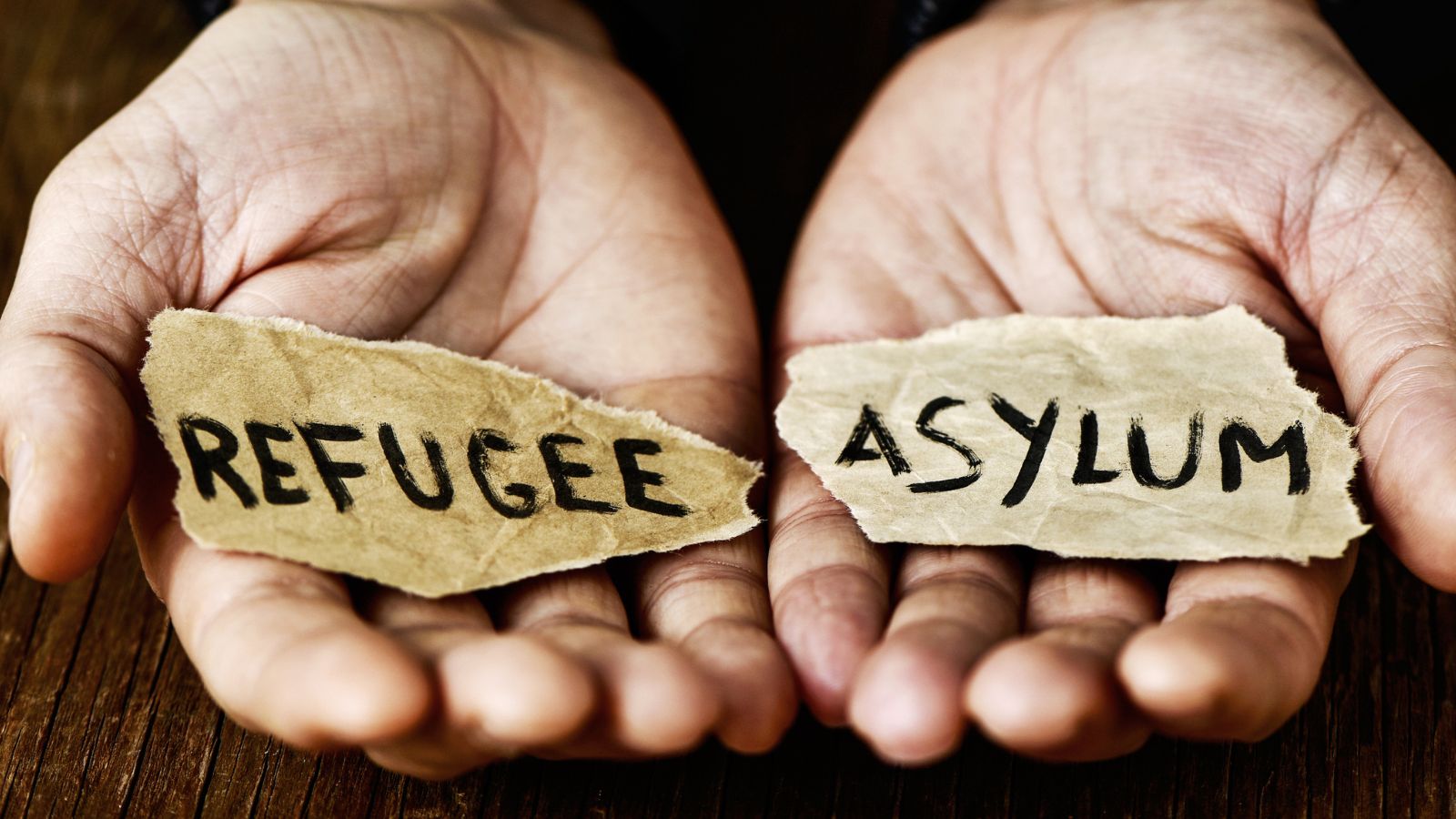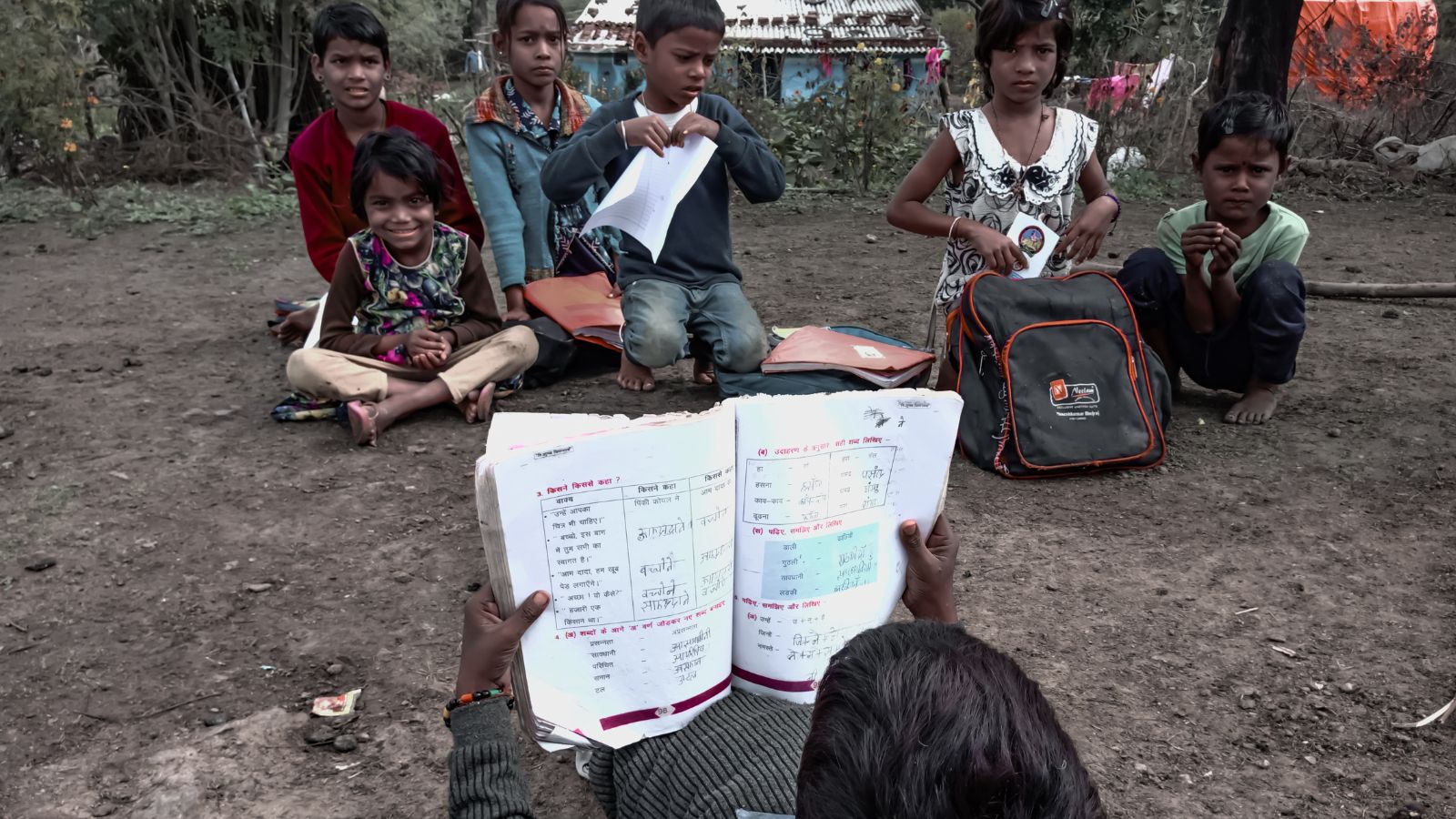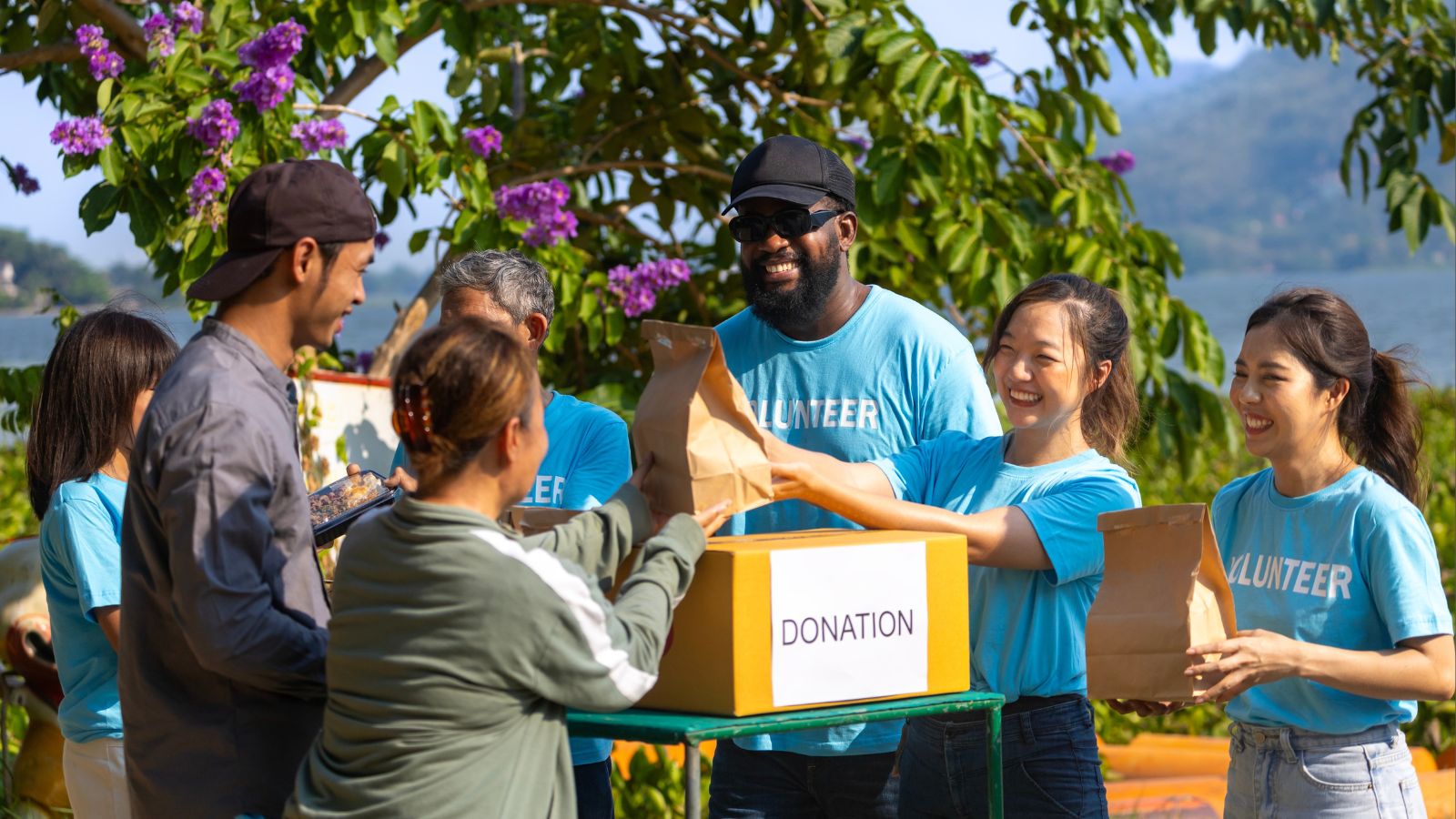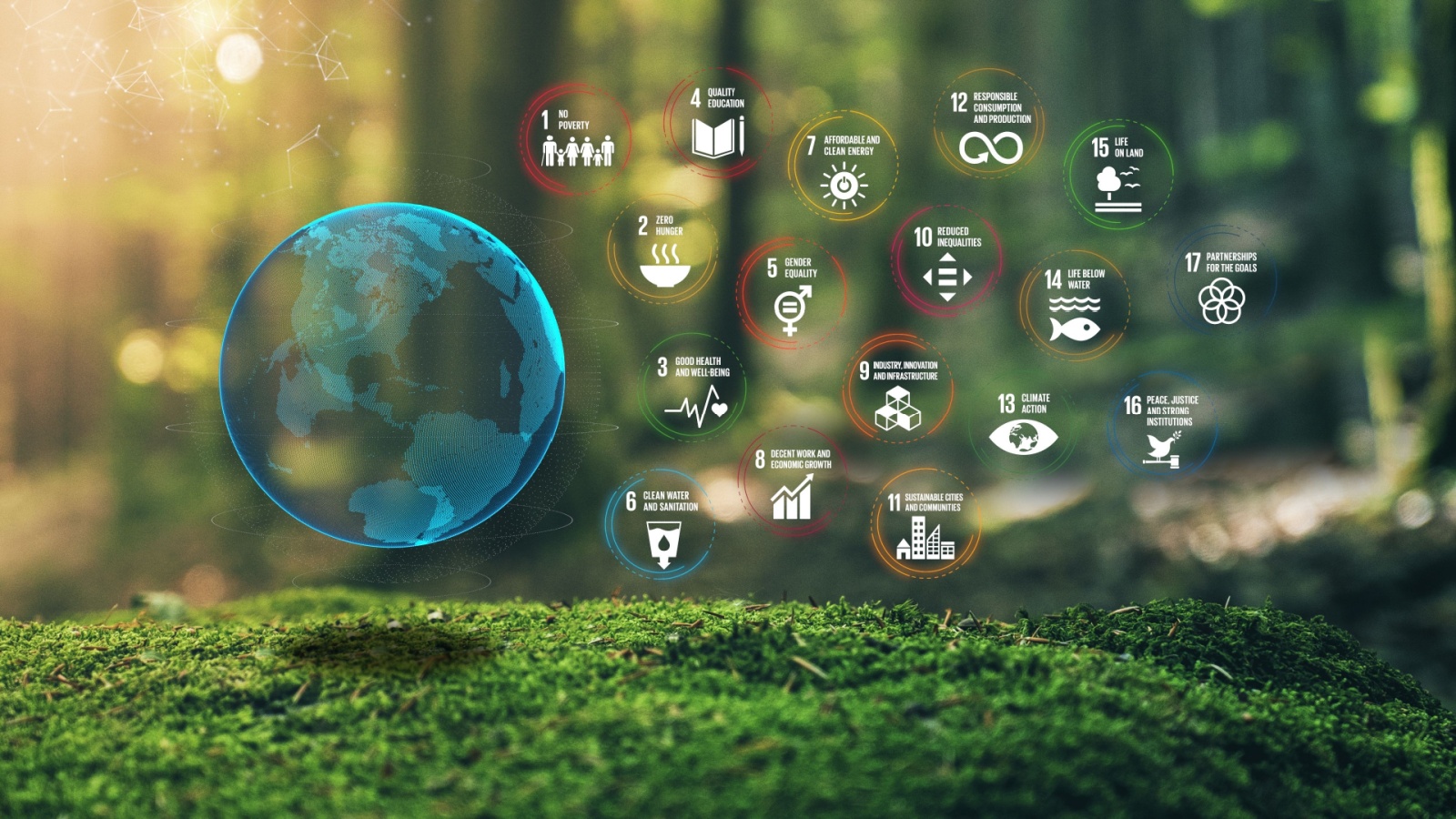Instead of relying on force or flash, Canada builds global influence through cooperation, compassion, and long-term investment in shared progress. From humanitarian sponsorship to responsible mining, sustainable cities to inclusive education, Canada continues to strengthen global systems in ways that reflect its values. These efforts may not always make headlines, but their impact is real. Here are 20 ways Canada is quietly shaping a better world.
Championing Global Refugee Resettlement

Canada plays a leading role in global refugee resettlement, offering displaced individuals a chance to rebuild their lives in safety. Through both public and private sponsorship programs, communities across the country come together to welcome newcomers. This model encourages grassroots participation and fosters integration through housing support, language training, and employment assistance. Canada’s consistent, rights-based approach to refugee protection sets it apart from many countries and serves as an example of how welcoming policies can be both structured and humane.
Leading in Peacekeeping Missions

Canada has long contributed to international peacekeeping through training, strategic support, and diplomatic engagement. Its role often emphasizes conflict prevention, peacebuilding, and multilateral cooperation rather than military intervention. With a reputation for neutrality and diplomacy, Canada supports missions that protect civilians, promote stability, and facilitate long-term reconciliation. In recent years, there has been a stronger focus on inclusive peace efforts, particularly the involvement of women in peace and security. Canada’s measured, collaborative approach to global conflict continues to support stability without relying on force.
Supporting Indigenous Language Revitalization

Canada is actively working to revitalize Indigenous languages by supporting community-led education, media, and cultural initiatives. These efforts are aimed at restoring linguistic heritage lost through colonial policies and ensuring future generations can connect with their identity. National support frameworks empower Indigenous communities to lead the preservation of their languages through schools, digital platforms, and public recognition. Canada’s efforts in this area show how language can be a vital part of cultural resilience and reconciliation.
Advancing Clean Energy Innovation

Canada is steadily building a clean energy future by investing in renewable power, sustainable infrastructure, and low-carbon technologies. From green building materials to energy storage and emerging sources like hydrogen and fusion, Canadian researchers and companies are contributing to the global transition away from fossil fuels. Policies supporting emissions reduction and energy efficiency help position Canada as a reliable partner in international climate action. By prioritizing innovation over reliance on legacy systems, Canada demonstrates how economies can shift toward sustainability while fostering technological growth and environmental responsibility.
Funding Global Health Research

Canada contributes meaningfully to global health by supporting research and partnerships aimed at improving healthcare access, disease prevention, and public health systems in underserved regions. Through academic institutions, development agencies, and collaborative networks, Canadian initiatives focus on long-term health outcomes rather than short-term fixes. These projects often emphasize maternal health, clean water, nutrition, and community-based care. Canada’s commitment to equitable health solutions reflects its broader values of inclusion and scientific collaboration, offering models that prioritize prevention, accessibility, and long-term well-being.
Promoting Multicultural Integration

Canada approaches diversity not just through immigration policy but by actively promoting multiculturalism as a national strength. Public services, education systems, and community initiatives are designed to support integration without assimilation, allowing individuals to retain their cultural identity while participating fully in society. Efforts in language access, anti-discrimination, and representation help build cohesive, inclusive communities. Rather than treating cultural differences as challenges, Canada works to create systems where diversity is celebrated and contributes to social and economic growth.
Prioritizing Climate Action Commitments

Canada has made climate action a core part of its domestic and international agenda. From phasing out high-emission energy sources to investing in sustainable transportation and conservation, Canadian policy increasingly emphasizes long-term environmental responsibility. The country participates in international climate agreements and collaborates with global partners to develop clean technologies and share environmental data. At home, governments and businesses alike are shifting focus toward sustainability. Canada’s steady, institutional approach reflects a recognition that climate action must be embedded in policy, infrastructure, and innovation if lasting progress is to be achieved.
Driving Ethical AI and Tech Development

Canada is becoming a global leader in the responsible development of artificial intelligence and digital technologies. Academic institutions, research labs, and private companies emphasize fairness, transparency, and human-centered design. Ethics frameworks guide the development and deployment of AI to ensure that innovation supports—not harms—social well-being. There is also a strong focus on inclusive access to digital tools, as well as safeguarding data privacy and algorithmic accountability.
Regulating Responsible Mining Practices

With a significant presence in the global mining sector, Canada has taken steps to promote higher environmental and human rights standards within the industry. Both at home and through companies operating abroad, there is growing emphasis on ethical sourcing, community consultation, and sustainable land use. Canadian frameworks encourage transparency, environmental safeguards, and Indigenous engagement, aiming to align resource development with broader social and ecological responsibility. While challenges remain, the direction reflects a recognition that natural resource extraction must be accountable, not just profitable.
Expanding Access to Education in Developing Countries

Canada supports education as a fundamental driver of development by funding and partnering with global initiatives that improve access to learning in under-resourced areas. This includes investing in teacher training, school infrastructure, and digital learning tools tailored to local needs. Special attention is given to marginalized groups, including girls and displaced populations, ensuring that access is inclusive and sustainable. Canada’s approach focuses on long-term capacity building, working with local organizations to empower communities through education.
Enforcing Transparent Foreign Aid Policies

Canada emphasizes transparency and accountability in how it delivers international aid. Funding decisions are often tied to clear objectives such as promoting human rights, supporting sustainable development, and responding to humanitarian crises. Canadian aid organizations typically work through partnerships with local agencies, ensuring resources are used effectively and adapted to regional contexts. Public reporting and independent evaluation play an important role in maintaining trust and measuring impact.
Leading in Arctic and Environmental Science

Canada invests heavily in Arctic and environmental research, recognizing its responsibility as a steward of vast northern ecosystems. Scientific efforts focus on climate change, biodiversity, and Indigenous knowledge systems. Research stations, collaborations with global institutions, and community-led monitoring programs contribute to a better understanding of environmental shifts. Canada’s work in these areas informs both domestic policy and international frameworks on climate and conservation. By prioritizing long-term ecological knowledge, Canada helps ensure that critical environmental decisions are grounded in science.
Offering Humanitarian Sponsorship Programs

Canada’s private sponsorship model allows individuals, community groups, and organizations to support refugees and asylum seekers beyond what government programs provide. These initiatives offer newcomers tailored support for housing, education, and job placement, helping them integrate more smoothly into society. The model is rooted in civic participation, giving Canadians a direct role in humanitarian response. It also serves as a global example of how local engagement can complement national policy. Through these efforts, Canada demonstrates how personal commitment and structured support can work hand in hand to offer lasting refuge.
Advocating for LGBTQ Rights Globally

Canada actively promotes LGBTQ rights in its foreign policy, development work, and international advocacy. Programs support local organizations in countries where LGBTQ individuals face discrimination or violence, and Canadian diplomats often raise human rights concerns in global forums. Domestically, inclusive legal frameworks and public education efforts help strengthen Canada’s voice abroad. The country’s position is grounded in the principle that dignity and equality should not stop at borders. This ongoing work supports marginalized communities and encourages international dialogue on rights and protections.
Supporting Press Freedom and Independent Journalism

Canada supports press freedom as a cornerstone of democracy, both within its borders and through its international partnerships. Programs fund independent media outlets in politically unstable regions and offer training to journalists working under threat. The goal is to strengthen access to reliable information, promote government accountability, and protect journalists from censorship and harm. Domestically, regulatory frameworks aim to maintain editorial independence while supporting public interest journalism.
Investing in Disaster Relief and Recovery

Canada contributes to global disaster response efforts by funding emergency aid, deploying expert teams, and supporting rebuilding programs in affected regions. Its approach emphasizes coordination with international organizations and affected communities to ensure that support is timely, relevant, and respectful of local needs. Beyond immediate response, Canada often remains involved in long-term recovery, helping strengthen infrastructure and improve resilience to future crises. This steady, partnership-based model of assistance reflects a commitment to global solidarity and practical, sustained support in times of urgent need.
Upholding Nuclear Non-Proliferation Efforts

Canada supports international frameworks aimed at preventing the spread of nuclear weapons and promoting the peaceful use of nuclear technology. As a member of key global agreements, Canada advocates for disarmament, monitoring, and secure handling of nuclear materials. Its diplomatic efforts in this area are rooted in a longstanding commitment to global stability and responsible scientific advancement. Canada’s contributions to nuclear non-proliferation include policy leadership, technical expertise, and international cooperation, helping to reinforce norms that reduce the risk of conflict and promote peaceful energy development.
Exporting Peace-Oriented Diplomatic Values

Canada is known for its diplomatic approach grounded in dialogue, cooperation, and respect for international law. Rather than relying on military influence, Canada often works through multilateral institutions to promote conflict resolution, human rights, and inclusive development. Its diplomatic model favors consensus-building over confrontation and values long-term peace over short-term gain. Through this approach, Canada reinforces the idea that strong international relationships are built on trust, fairness, and shared goals—a perspective increasingly valued in a complex and polarized global landscape.
Partnering on Sustainable Urban Development

Canada supports urban sustainability projects at home and abroad, with a focus on inclusive planning, low-carbon infrastructure, and climate-resilient design. Through partnerships with international development agencies and local governments, Canadian expertise contributes to smarter public transport, green architecture, and affordable housing solutions. These efforts aim to improve quality of life while minimizing environmental impact. Canada’s urban development model emphasizes equity and long-term planning, offering a practical example of how cities can grow while staying livable and sustainable.
Strengthening Global Food Security Initiatives

Canada contributes to global food security by supporting agricultural development, food aid, and nutrition programs in regions facing chronic shortages. Its efforts often focus on building self-sufficiency through sustainable farming, access to markets, and training for small-scale producers. Partnerships with local organizations help ensure that programs are relevant and practical. Canada’s approach balances immediate humanitarian needs with long-term agricultural development, aiming to reduce hunger and malnutrition in ways that respect local systems and promote resilience.
21 Products Canadians Should Stockpile Before Tariffs Hit

If trade tensions escalate between Canada and the U.S., everyday essentials can suddenly disappear or skyrocket in price. Products like pantry basics and tech must-haves that depend on are deeply tied to cross-border supply chains and are likely to face various kinds of disruptions
21 Products Canadians Should Stockpile Before Tariffs Hit
